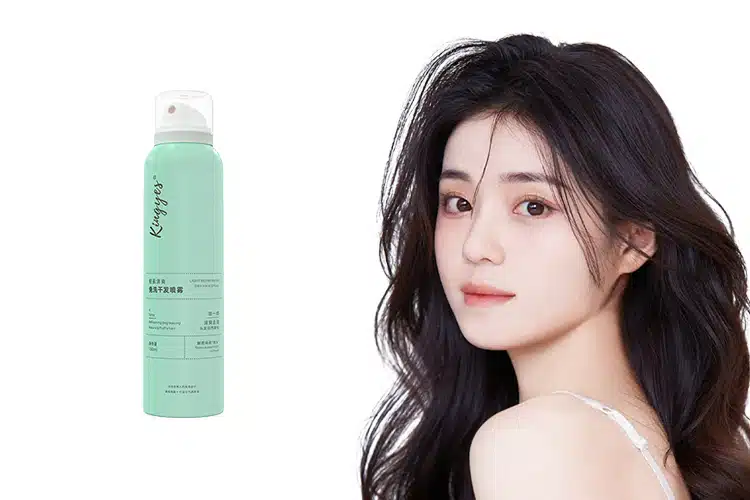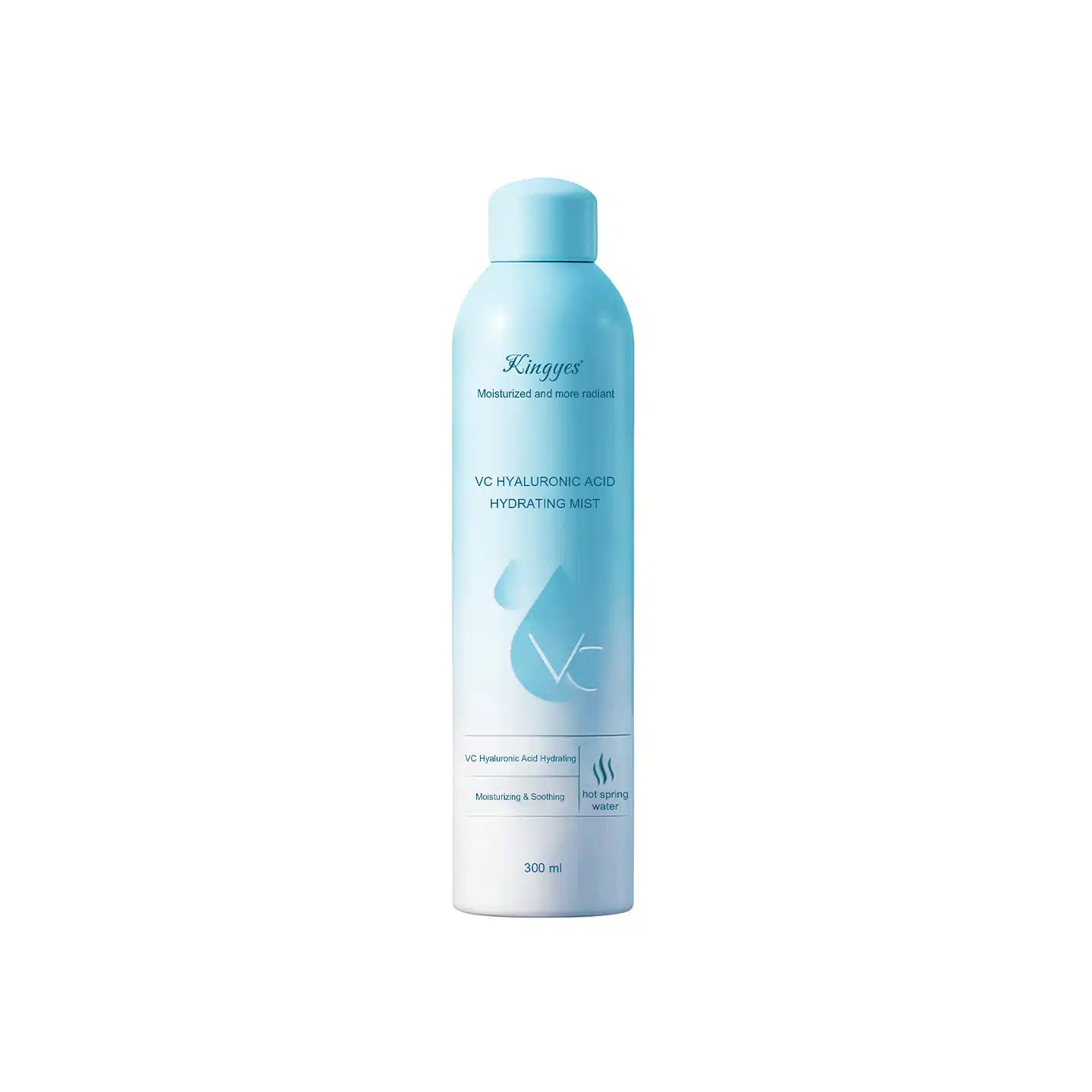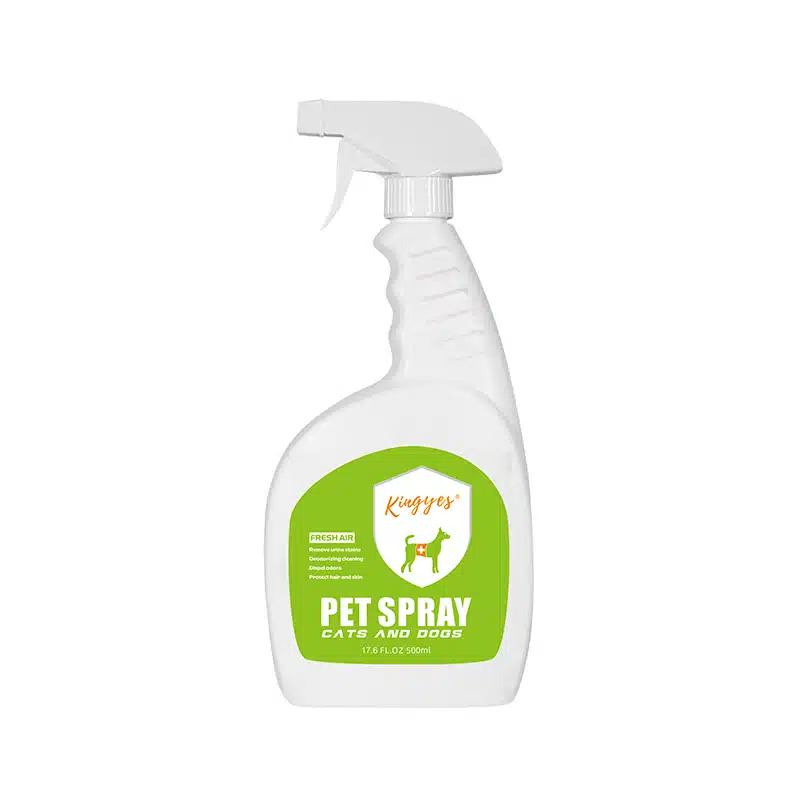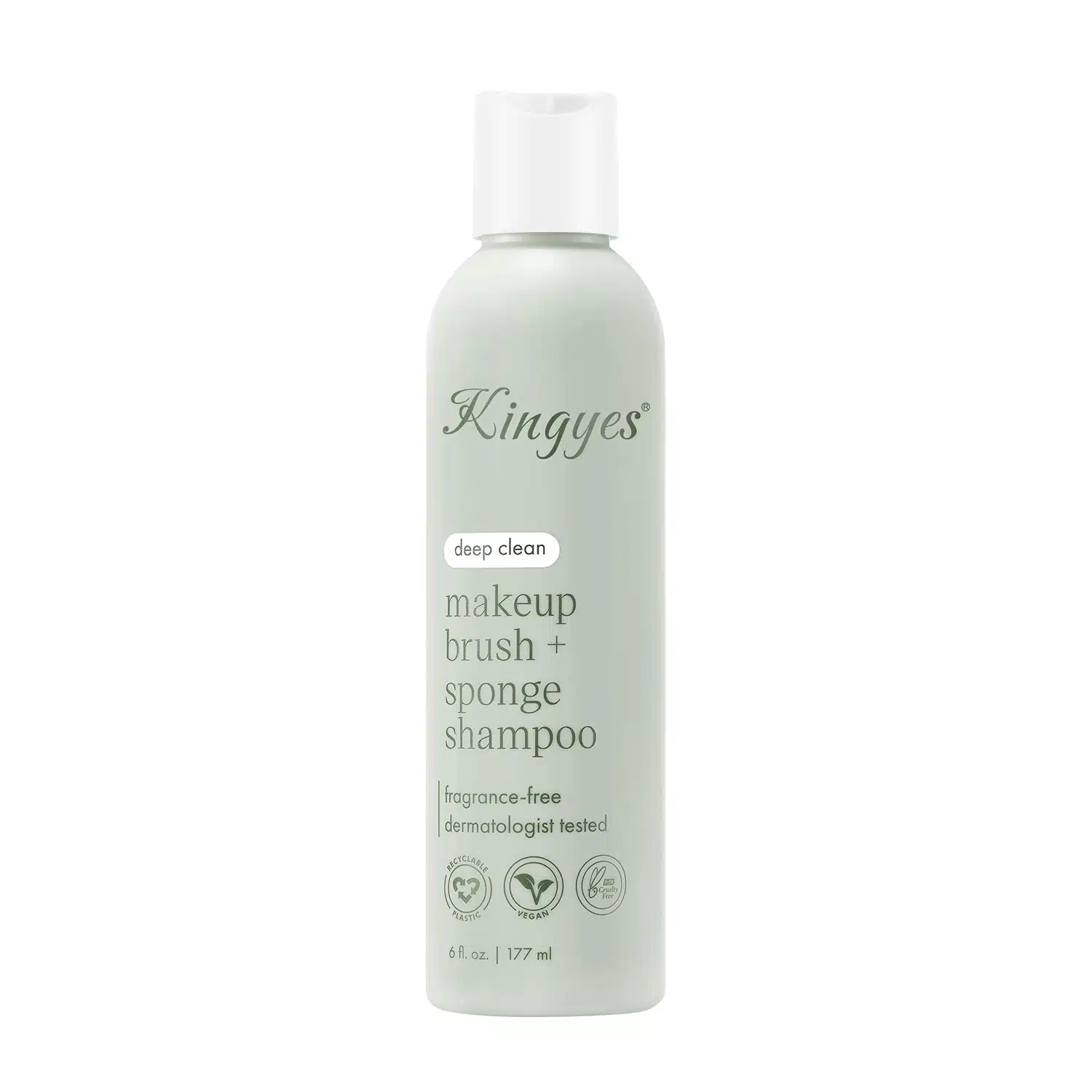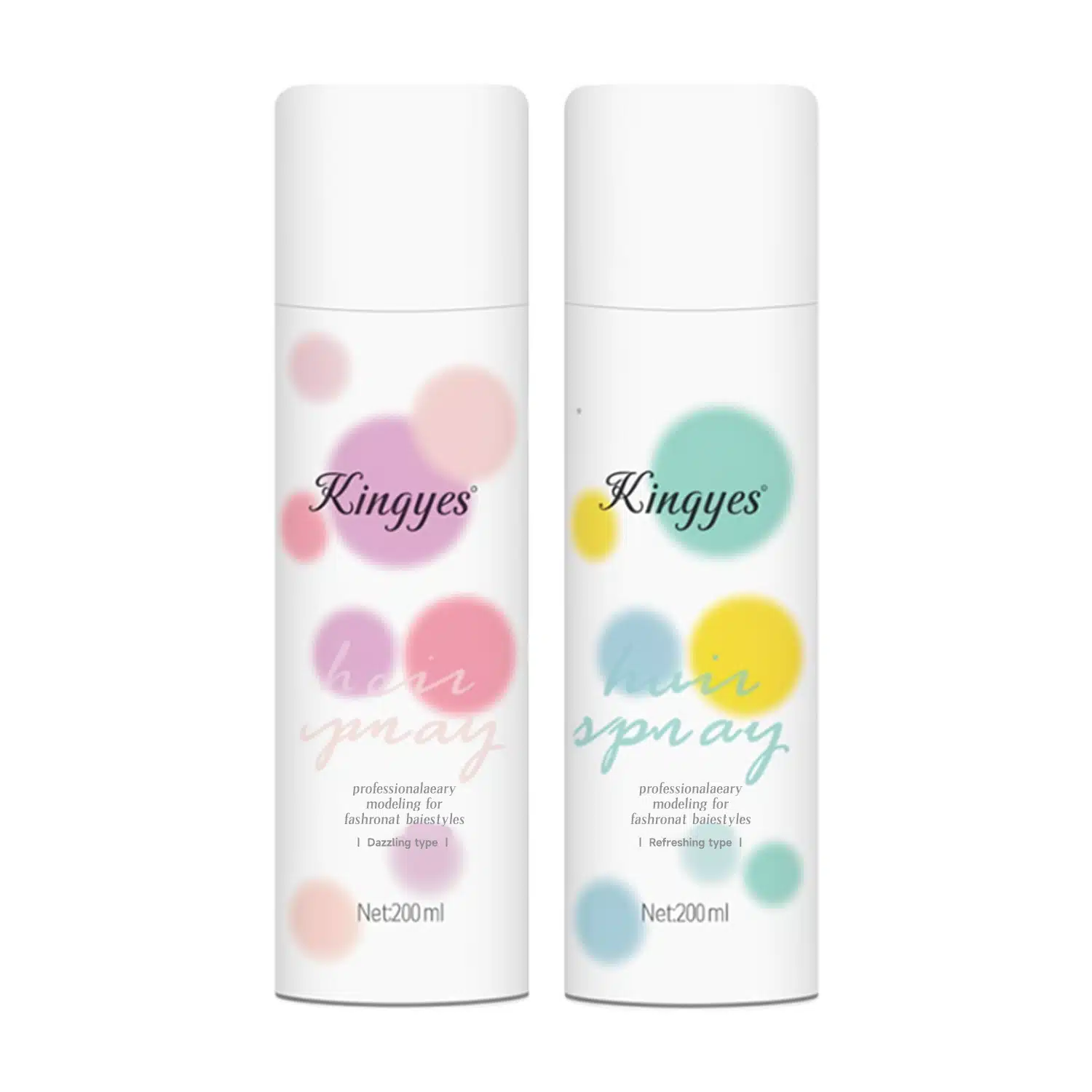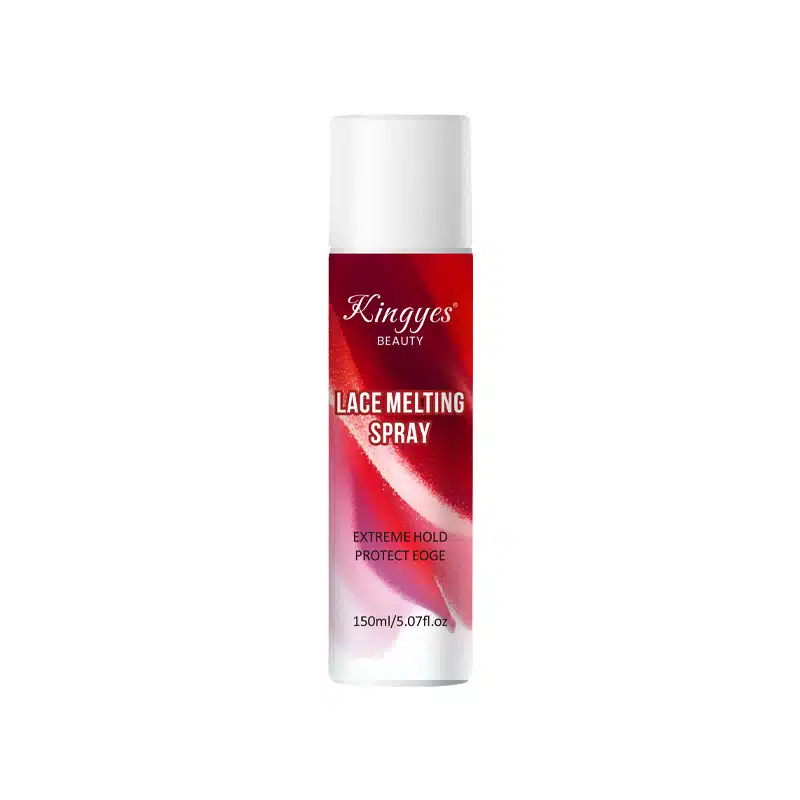
What Are The Pros And Cons Of Dry Shampoo?
Table of Contents
This article explores the pros and cons of dry shampoo, how it works, and its impact on your scalp and hair. Read on to discover whether this popular hair care product is right for you!
What Is Dry Shampoo and How Does It Work?
Dry shampoo is a hair care product that allows you to clean your hair without using water. It typically comes in a spray or powder form and is applied directly to the roots.
How Does Dry Shampoo Work?
- Absorbs Oil: Dry shampoo contains ingredients that absorb excess oil from the scalp and hair.
- Adds Volume: It can give your hair a fuller appearance by adding texture.
- Refreshes Hair: Leaves your hair smelling fresh between washes.
Quote: “Dry shampoo is a quick fix to revive your hair when you don’t have time for a full wash.”
The Benefits of Using Dry Shampoo
Using dry shampoo offers several advantages for your hair and daily routine.
Pros of Dry Shampoo
- Saves Time: Great for busy mornings when you can’t wash your hair.
- Extends Hairstyles: Helps maintain styling for days in a row.
- Reduces Heat Damage: Less frequent washing means less blow-drying.
- Adds Volume: Can make your hair look fuller and thicker.
- Washes Less Often: Allows you to wash your hair less often, preserving natural oils.
Did You Know? Using dry shampoo can be better for your hair by reducing exposure to water and harsh detergents.
Can Dry Shampoo Replace Regular Washing?
While dry shampoo is convenient, it doesn’t completely replace traditional washing with shampoo and water.
Why You Still Need to Wash Your Hair
- Removes Build-Up: Only water and shampoo can fully remove dirt and product residue.
- Cleans the Scalp: Washing cleanses the scalp and hair follicles, promoting healthy growth.
- Prevents Clogging: Regular washing prevents the clogging of pores on the scalp.
Remember: Dry shampoo is a temporary solution, not a permanent replacement for washing.
Is Dry Shampoo Bad for Your Hair?
There’s a debate about whether dry shampoo is bad for your hair. Let’s explore the potential downsides.
Cons of Dry Shampoo
- Build-Up on Scalp: Overuse can lead to residue build-up, affecting scalp health.
- Clogged Hair Follicles: May cause issues like dandruff or hinder hair growth.
- Dryness: Can make your hair and scalp feel dry if used too often.
- Not a True Clean: Doesn’t actually clean your hair; it masks oil and odor.
- Harmful Chemicals: Some dry shampoos contain ingredients that may be harsh on your hair.
Insight: Using dry shampoo too often may damage your hair in the long run.
How Often Should You Use Dry Shampoo?
Finding the right balance is key to enjoying the benefits without the drawbacks.
Recommended Usage
- Occasional Use: Ideal for those times when you can’t wash your hair.
- Not Daily: Avoid using dry shampoo days in a row.
- Listen to Your Hair: Depending on your hair type, adjust frequency.
Tip: Always wash your hair with regular shampoo after using dry shampoo a couple of times.
Effects of Dry Shampoo on the Scalp
Your scalp plays a vital role in hair health, and dry shampoo can affect it in several ways.
Potential Scalp Issues
- Irritation: Ingredients may cause a dry scalp or itching.
- Blocked Pores: Residue can clog pores, affecting oil production.
- Reduced Hair Growth: An unhealthy scalp can hinder hair growth.
Advice: If you notice scalp issues, reduce the use of dry shampoo and consult a dermatologist.
Choosing the Best Dry Shampoo for Your Hair Type
Selecting the right product can minimize negative effects.
Factors to Consider
- Hair Type: Fine, oily, or thick hair may require different formulas.
- Ingredients: Look for natural hair care products without harmful chemicals.
- Color Match: Some dry shampoos are tinted to match your hair color.
Recommendation: Use quality dry shampoos that suit your specific needs.
Tips for Using Dry Shampoo Effectively
Maximize the benefits by applying dry shampoo correctly.
Application Steps
- Shake the Bottle: Ensures even distribution of ingredients.
- Hold at a Distance: Spray about 6 inches from the roots.
- Target the Roots: Focus on the roots of your hair where oil accumulates.
- Massage In: Use your fingers to work it into the scalp.
- Brush Out: Removes excess and distributes the product.
Tip: Use a little dry shampoo at a time to avoid build-up.
Alternatives to Dry Shampoo
If you’re concerned about the cons, consider other options.
Other Hair Care Solutions
- Washing Less Often: Train your hair to need fewer washes.
- Mild Shampoo: Use gentle products for daily washing.
- Natural Remedies: Try alternative hair treatments like apple cider vinegar rinses.
Insight: Sometimes, traditional methods are better for your hair in the long term.
Frequently Asked Questions
1. Can dry shampoo cause hair loss?
Overuse may lead to scalp issues that could affect hair growth, but dry shampoo itself doesn’t directly cause hair loss.
2. Is dry shampoo suitable for all hair types?
Most hair types can use dry shampoo, but it’s important to choose one that’s appropriate for your specific hair.
3. How long can I go without washing my hair if I use dry shampoo?
It’s best not to replace washing entirely; use dry shampoo to extend time between washes but still wash your hair regularly.
4. Does dry shampoo remove oil from hair?
It absorbs excess oil but doesn’t remove it completely like washing with water and shampoo.
5. Can I use dry shampoo on curly hair?
Yes, but be cautious as it may affect the hair’s natural texture and moisture.
6. Are there natural dry shampoos available?
Yes, some brands offer dry shampoos made with natural ingredients that are gentler on the scalp.
Conclusion
Dry shampoo offers a convenient way to refresh your hair, but it’s essential to understand both the pros and cons. While it can save time and reduce washing frequency, overuse may lead to scalp issues and damage your hair. By using it wisely and choosing the right product, you can enjoy the benefits without the drawbacks.
Key Takeaways
- Propellants in Dry Shampoo: Commonly include butane, propane, and isobutane.
- Benzene Concerns: Some dry shampoos have been recalled due to benzene contamination.
- Health Implications: Propellants can cause scalp irritation and are highly flammable.
- Natural Alternatives: Non-toxic and natural dry shampoos avoid harmful chemicals.
- Safety Measures: Always read labels and choose products carefully.
By understanding how dry shampoo works and its impact on your hair, you can make informed decisions that keep your hair looking and feeling its best!
Bullet Point Summary
- Dry shampoo allows you to clean your hair without water.
- Benefits include saving time, adding volume, and reducing washing frequency.
- Drawbacks involve potential scalp issues, build-up, and not truly cleaning hair.
- Use dry shampoo sparingly to avoid overuse and hair damage.
- Always wash your hair regularly with shampoo and water.
- Choose products suited to your hair type and with gentle ingredients.
- Proper application enhances effectiveness and reduces negative effects.
- Alternatives like mild shampoos or natural treatments can be considered.
Comments

How Does Hair Removal Cream Work?
You stand in the shower. Razor in hand. Again.
Your legs are covered in red bumps. Some bleed. Others itch like crazy.
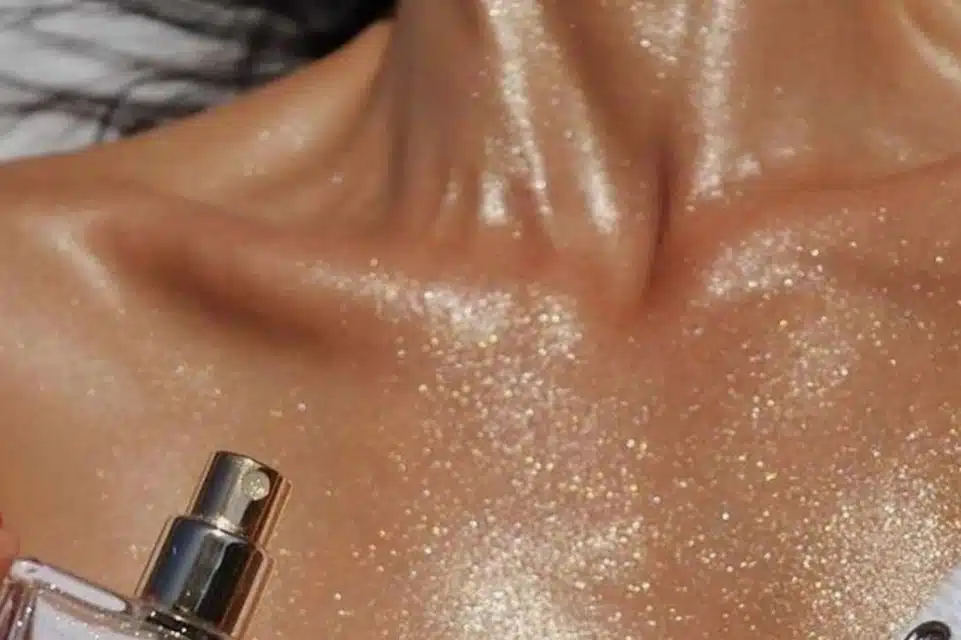
Can I Put Highlighter All Over My Face?
Ever wondered if you can apply highlighter all over your face to achieve that radiant glow?
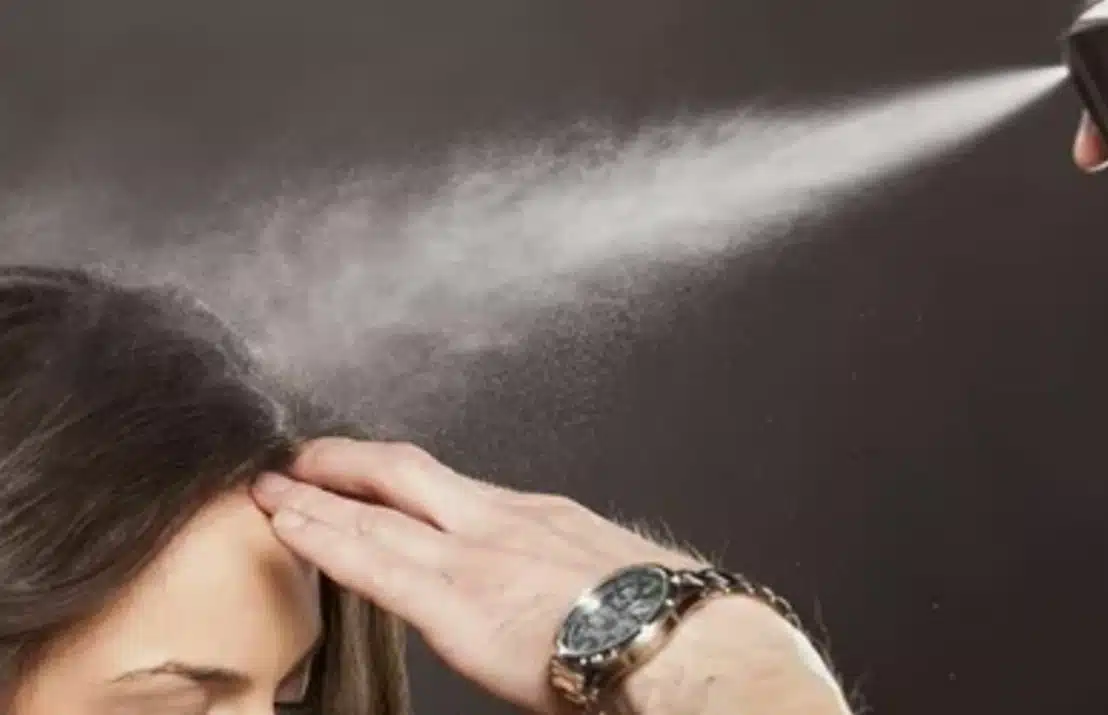
What Does Dry Shampoo Spray Do To Your Hair?
Ever wondered what dry shampoo does to your hair and why it’s become a staple in hair care routines?
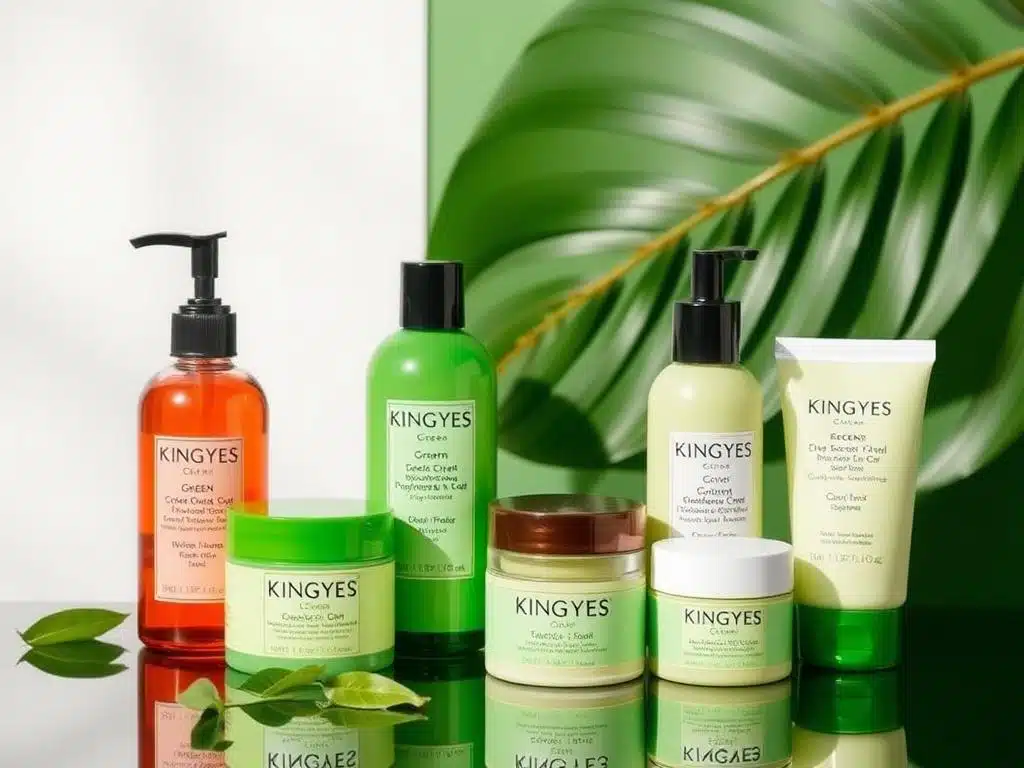
What Are Green Cosmetic Products?
The demand for sustainable and natural beauty is booming.
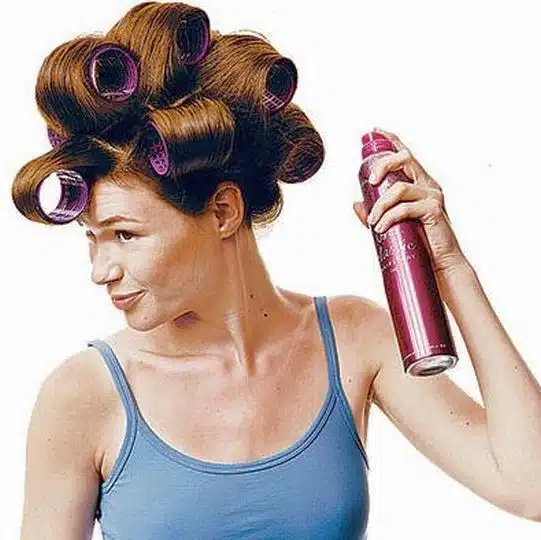
What Is Hair Product Used For?
Hair styling products are specialized formulations designed to alter, enhance, and maintain hairstyles, catering to a diverse array of hair types and styling preferences.
- +86 151 1839 7303
- [email protected]
- Mon-Sun 07:00-23:00
Tags

How to Choose a Reliable Cosmetic OEM Manufacturer in China?
How to Pick a Good Makeup Maker in China: A Guide for You.
You possess a concept.
A new face cream. A new hair spray. A new nail color.
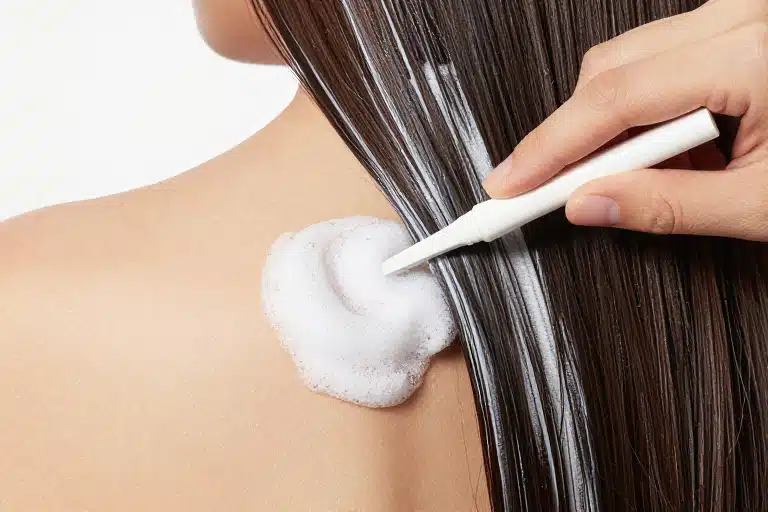
How to Get Hair Dye Off Skin: The Only Guide You Need
Picture this.
You just dyed your hair. You used a new color. It looks great. Your hair shines. You feel happy. You feel like a new person.

How Often Should You Wash Your Hair? The Ultimate Guide
The alarm rings.
You wake up. You stretch. You walk to the mirror.
You look at your hair.


